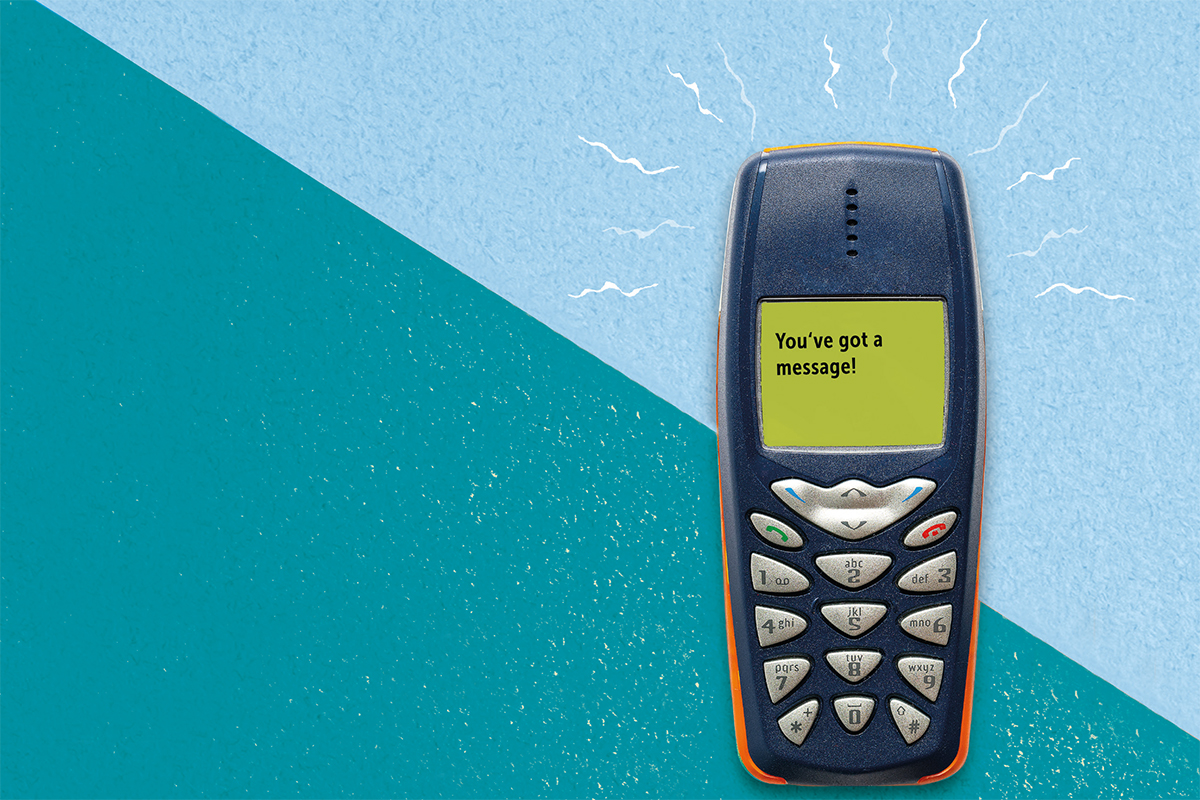
There is no doubt that being connected to the online world is a fundamental requirement for contemporary businesses, creating opportunities to build brands, generate business, recruit new employees and more. Having a device which is used for work purposes has become a staple accessory for employees in many different industries, from office-based professional services to those working in retail or construction for example.
Social media is vital for businesses. Never before have companies been so in touch with their customers; directly interacting with them 24 hours a day. The Covid-19 pandemic resulted in physically distancing people, but social media made it easy to stay connected to colleagues and customers.
Regardless of social media’s benefits, there is overwhelming evidence that it can harm individuals’ mental wellbeing if not used correctly. When using social media for personal and professional reasons, boundaries between these two areas can become blurred, creating more stress and pressure. The 24/7, fast-paced nature of the platforms make it hard for users to switch off and have time away from their screens.
On average, each user is active on 6.6 different platforms and spends approximately two hours, 27 minutes on social media daily. This rises to three hours, 17 minutes when looking at teenagers. 13 to 18 year-olds will soon be entering the labour market, and within 20 years will make up the largest percentage of workers.
The fact that this generation was raised alongside social media proves it is now integrated into our culture for the long haul, including our professional lives. Of course, not every person is a regular social media user, consequently adding a level of anxiety and concern about being out of the loop for those individuals who choose not to be digitally active outside of work.
Is the tide turning? There is a current trend in people who are choosing to remove themselves from social networking platforms and all internet access on their phones, opting for dumbphones to help them achieve that. A recent report has revealed the number of Google searches for these dumbphones has risen by 89% between 2018 and 2021.
So what can we learn from this? Clearly, there is a desire and a need to adopt healthy relationships with your smartphones and social media, and for employers to consider how they can encourage that. Here are some tips to help us achieve that too -
Maintaining a healthy relationship with your smartphone
1 Use features on your existing device to help you concentrate
Take advantage of the ‘Focus’ mode, available on iPhone and Android, which will allow you to temporarily silence your phone and only allow specific notifications.
2 Turn off notifications
The constant interruption of notifications will ruin concentration. Limit or, even better, disable notifications.
3 Take a digital detox
If you find that your handheld device is taking over your life and you don’t want to go to the extreme of switching to a ‘dumbphone’ then schedule a digital detox. Turn the Wi-Fi off, put the phone in a drawer and take a break from your smartphone. Just remember to let your nearest and dearest know how to get in touch should there be any emergencies!
Protect employees from social media burnout
1 Have a clear social media policy
The purpose of a social media policy is to set out the expectations surrounding social media use at work. The policy should include examples of what is not acceptable conduct in respect of social media use, brand guidelines (setting out what can and can’t be discussed online) and what the consequences are for not following the policy, i.e., disciplinary action.
2 Social media training
Not every employee will be active on social media in their personal lives. Therefore, it’s important to train staff on each app you may use for work to help them feel more confident and reduce the risk of mistakes being made and lower stress levels. The training should cover how to use the app, how to interact with followers and how to adopt the company’s tone of voice.
3 Provide company tools
To prevent the blurring of lines between personal and professional lives, it may be worth considering providing employees with separate company social profiles and company phones to access these. This allows employees to put their phones away outside of working hours to prevent social media burnout. Additionally, it protects businesses from accidental posts from their work accounts when the content was intended for a team member’s personal account.
Here at Loch Associates our team of experienced Solicitors, HR Consultants and Wellbeing specialists work with employers and employees to avoid these issues arising or to help minimise the impact if things go wrong. We help our clients by advising on issues that arise, with implementing policies and contracts, as well as providing mental health training and wellbeing programmes for their teams. There is nothing more important than your employees’ mental health and wellbeing and when our clients need us, our experts are there for them.
Pam Loch, Employment Law
Solicitor and Managing Director of Loch Associates Group





